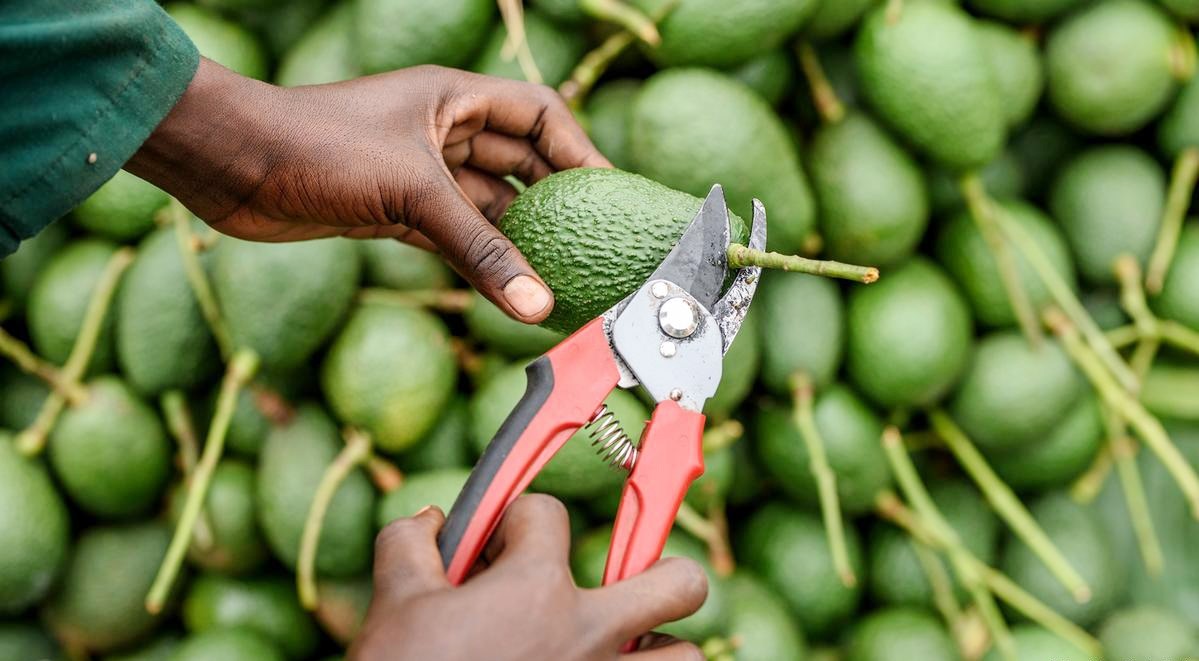#IfAfricaWasABar trend, the girl behind it and what it reveals

Siyanda Mohutsiwa speaks at TEDx Amsterdam on November 27, 2015. PHOTO|M&G
What you need to know:
Sample: “Rwanda would be the girl you are scared to dance with because her father is in the corner, watching her the whole time”; and “South Africa would be the neighbourhood kid who drank on your tab but acts like he doesn’t now you since he got famous.”
For several days in July 2015, you must have seen the immensely popular hashtag #IfAfricaWasABar. It was a scathing, irreverent, hilarious dig at what it means to be African today, and you just couldn’t beat the wisdom of the crowd.
Sample: “Rwanda would be the girl you are scared to dance with because her father is in the corner, watching her the whole time”; and “South Africa would be the neighbourhood kid who drank on your tab but acts like he doesn’t now you since he got famous.”
That hashtag was started by Siyanda Mohutsiwa, a final-year mathematics student at the University of Botswana. By the end of that week in July, #IfAfricaWasABar was garnering 60,000 tweets, and was featured on publications such as The Atlantic, Mashable and Buzzfeed.
Siyanda herself was featured on CNN and BBC, and recently gave a stunning TEDx Amsterdam talk on her experiences with the viral hashtag and Africa’s online future.
I met Siyanda on my recent trip to Gaborone, Botswana, and everything about this 22-year-old distills the contradictions, complexities and potential of being young (and digital) in Africa.
First off, we were to meet at 12pm, but both of us ended up late. I was late because my cab driver couldn’t find the guesthouse I was staying at. She was late because she had underestimated the time it would take her to fetch water. Gaborone, and most of southern Africa, is in the middle of a severe drought, with week-long water rationing.
It will come as a surprise to many that Siyanda lives with her family in a small village outside Gaborone, and had to go out and fetch water for the family, and carry the jerrycans back home in a combi (public minivan). That whole errand ended up taking longer than she expected.
I’d been following her for a while on Twitter, and when we meet in the Grand Palm Hotel lobby in Gaborone, it’s like we’ve been friends forever. She laughs easily, with the carefree lightness of a child. At the same time, she has a razor sharp intellect and the blistering insights of someone much older.
She tells me she has just returned from a trip to Kigali, Rwanda, where she was invited to participate in an African Union conference on women and youth in politics.
“I was with some of the best young leaders from all over the continent. We did not once discuss Burundi. We were talking youth in governance, but just across the border there’s all this slaughter going on. It should have come up. But it didn’t. And that kills me,” she says.
We get to talking Africa’s relationship with the International Criminal Court, and attitudes towards justice and human rights. Serious stuff.
“As Africans, the reasons we can’t build proper institutions is because we love exceptions too much,” she says. “Everyone wants to be an exception to the rule – and being a stickler for the rules is seen as being cold, or even callous. Most Africans react very negatively to that kind of impersonal treatment. But really, that’s the only way to get systems to work for everyone,” she says.
She tells me she believes in social pan-Africanism, and her greatest personal lesson of #IfAfricaWasABar was that Africans just need a place to connect.
“I just wanted to have some fun talking about Africa,” she says. “My father is from Botswana and my mother is from Swaziland, but everywhere in Africa should be home. Look what happens when there is conflict, we all run to each other for refuge. So if we can share each other’s heartache, why can’t we share successes, or even the ordinary mundane stuff?”
Later the following day when I pick her up for lunch, she tells me she had to ask her father for permission to be out with me – and then, nearly in the same breath, tells me how a South African publishing house sends her cartons of books to review on her YouTube channel, and the way she really has to find time to do the latest review. It’s a stunning contradiction.
(The Mail & Guardian)




